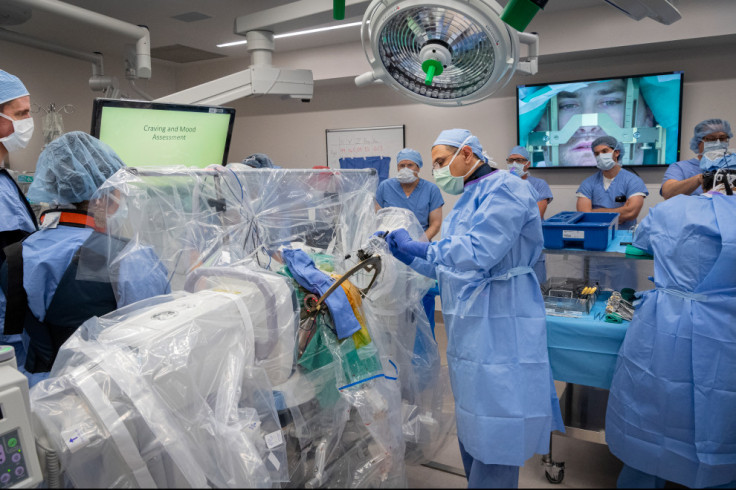Opioid addiction may be treated by inserting electrodes in the brain
The treatment has now entered clinical trials.
Opioid addiction is one of the biggest addictions affecting the world. It is spread on a wide scale and despite many solutions that have been worked upon, there is no end in sight to the opioid addiction epidemic.
A team of medical researchers at the West Virginia University Rockefeller Neuroscience Institute may have found a solution. The solution being worked upon by the researchers involves embedding electrodes into the brain to curb opioid addiction and curb drug withdrawal symptoms.
The researchers call it "deep brain stimulation" or DBS – they have successfully implanted a DBS device into the brain of a 33-year old opioid addict. The device consists of several tiny electrodes, which can be attached to specific parts of the brain and can be used for taming addiction-related behaviours. How this treatment works is that they neuter addiction-related pulses and electrical signals.
These electrodes will also work on data gathering from the brain itself. They will monitor opioid cravings in the brain in real-time and continuously provide data to the researchers and medical professionals so that they can keep improving the signals.
The data can also be used to improve regular treatment for resistive opioid addiction.
Opioid addiction causes 49.6 deaths per 100,000 people in just West Virginia – the highest for any state in the US. While less invasive treatments have been tried in the past, their rate of success is not very high. For chronic sufferers of addiction, this treatment may be the only solution in sight.
Clinical trials for the treatment have begun. The current trial only includes four participants who have all tried various treatments and yet haven't overcome their addiction. The DBS treatment will also seek FDA approval for the mass treatment of disorders.
It will also be tried for treating epilepsy and obsessive-compulsive disorder.
How the clinical trials fare, will mark the future for this treatment.

© Copyright IBTimes 2025. All rights reserved.




















